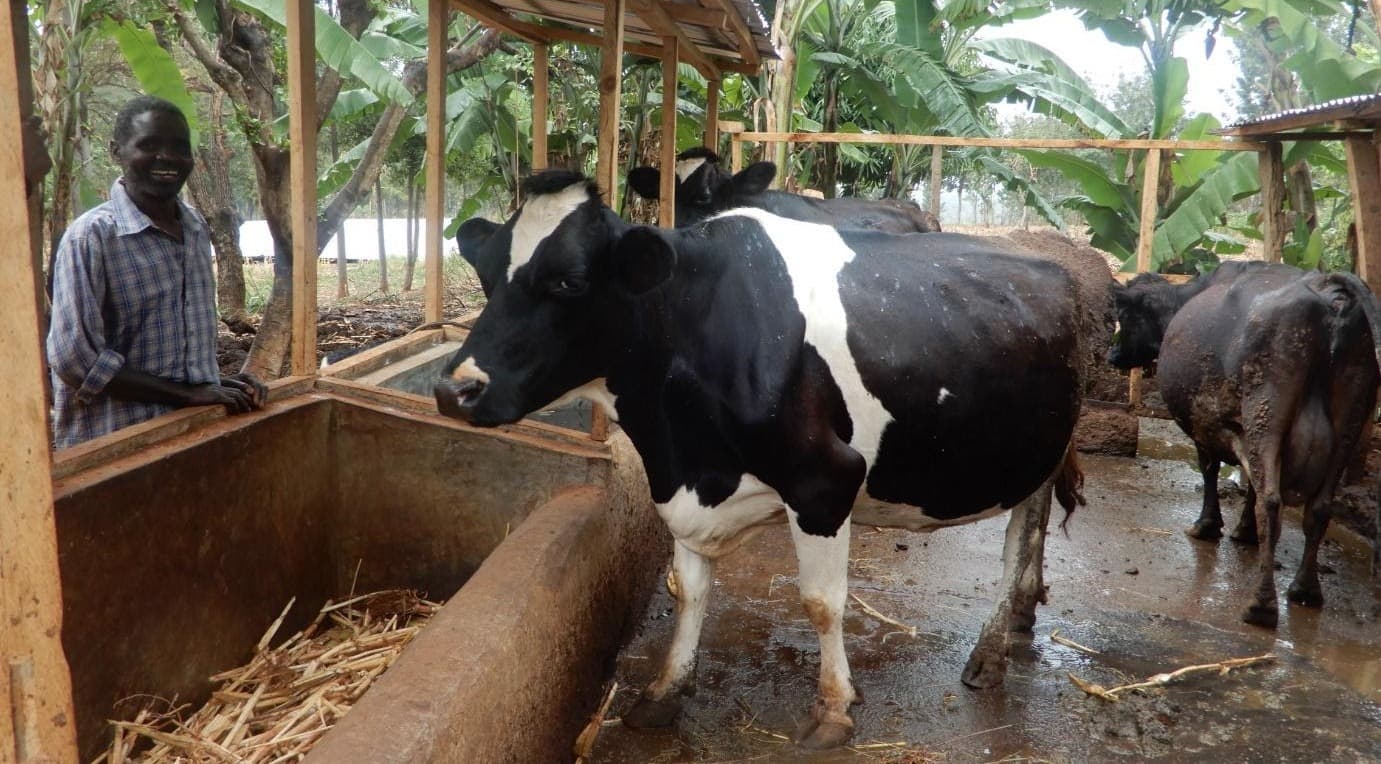We're loading the full news article for you. This includes the article content, images, author information, and related articles.
A popular Sheng phrase reveals the complex link between money, sustenance, and intimacy in modern Kenyan relationships, debunking widespread myths about the vegetable's direct impact on sexual satisfaction.

In Kenya's dynamic linguistic landscape, the Sheng phrase ‘kula cabbage’ (to eat cabbage) has gained traction, sparking conversations and misconceptions about its meaning within relationships. While on the surface it appears to be about dietary choices, its roots lie in the socio-economic pressures facing many Kenyans. According to a September 2023 article by Kelxfy, the term “kabej” or cabbage emerged on social media as slang for money, specifically for basic upkeep and food. When a partner provides ‘cabbage,’ they are often offering the bare minimum for sustenance, which has led to a colloquial association between this provision and the overall health—and satisfaction—within a relationship.
The slang's double meaning has fueled a persistent myth: that the physical act of eating cabbage directly impacts libido or contentment in the bedroom. This has been categorically debunked by health experts. Nutritionally, cabbage is a powerhouse, rich in vitamins K, C, and B6, as well as fiber and antioxidants. Some of these nutrients do play a role in overall health, which can indirectly affect sexual well-being. For instance, vitamin C aids in blood flow and vitamin B6 can help regulate hormones, both of which are beneficial for sexual function. However, there is no scientific evidence to suggest that cabbage possesses aphrodisiac properties or can directly enhance sexual performance or contentment. Health professionals emphasize that a balanced diet, overall physical fitness, and mental well-being are the key determinants of a healthy libido, not the consumption of a single vegetable.
The true significance of the ‘eating cabbage’ slang is its commentary on the financial dynamics within Kenyan relationships. In a society where economic stability is a major factor in marital satisfaction, the phrase has become a shorthand for a partner who provides only for basic needs, potentially neglecting emotional and other forms of support. This can lead to feelings of dissatisfaction and a transactional quality in the relationship, which in turn impacts intimacy. Kenyan relationship therapists and sociologists note that financial strain is a significant contributor to marital strife. When conversations about finances are difficult, slang like ‘eating cabbage’ provides a culturally nuanced way to express discontent without direct confrontation.
The ‘cabbage’ myth is part of a wider landscape of sexual health misinformation in Kenya. A 2022 report by KELIN Kenya highlighted the dangers of such falsehoods, which often spread rapidly through social media and word-of-mouth. These myths can range from ineffective contraceptive methods to unfounded claims about foods that supposedly enhance sexual prowess. The prevalence of such misinformation underscores the need for comprehensive and accessible sexual education that addresses not only the biological aspects of sex but also the social and psychological dimensions of relationships. Organizations like the United Nations Population Fund (UNFPA) in Kenya have also worked to debunk myths surrounding reproductive health, emphasizing that informed choice is critical. The ‘eating cabbage’ slang, while seemingly innocuous, is a reminder of how easily health facts can be distorted and intertwined with complex social issues.
Ultimately, the conversation around ‘eating cabbage’ is less about nutrition and more about the evolving nature of relationships in Kenya. It reflects a growing desire for partnerships that are built on more than just financial provision. Young Kenyans, in particular, are increasingly seeking relationships that offer emotional support, shared goals, and mutual respect. The slang serves as a critique of relationships that lack these deeper connections, where intimacy suffers not because of a dietary deficiency, but because of a deficit in overall relationship quality. As traditional support systems for marriage have weakened, the need for open communication and, where necessary, professional guidance on matters of both finance and intimacy, has become more critical than ever for building healthy and lasting partnerships in Kenya.
Keep the conversation in one place—threads here stay linked to the story and in the forums.
Sign in to start a discussion
Start a conversation about this story and keep it linked here.
Other hot threads
E-sports and Gaming Community in Kenya
Active 9 months ago
The Role of Technology in Modern Agriculture (AgriTech)
Active 9 months ago
Popular Recreational Activities Across Counties
Active 9 months ago
Investing in Youth Sports Development Programs
Active 9 months ago